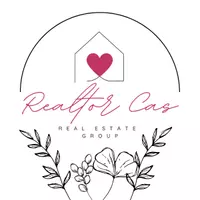Relocating to Vancouver, WA for Retirement? Here’s Your Smart Retirement Guide
Relocating to Vancouver, WA for Retirement? Here’s Your Smart Retirement Guide
Are you considering relocating to Vancouver, Washington for retirement? You’re not alone! More and more retirees are discovering that Vancouver, WA is one of the best places to retire in Washington State—and for good reason. With no state income tax, affordable housing options compared to Portland, OR, excellent healthcare access, and a thriving lifestyle scene, it’s easy to see why so many people are packing up and making the move.
When it comes to planning a smart retirement in Vancouver, WA, there’s more to it than simply selling your home and buying another. Retirees need to think about the cost of living in Vancouver WA for retirees, how Washington retirement taxes work, the availability of retirement communities and 55+ housing in Vancouver, and even lifestyle perks like outdoor recreation, proximity to Portland International Airport, and local amenities like the Vancouver Waterfront and farmers markets.
This guide will walk you through everything you need to know about retiring in Vancouver WA—from budgeting tips and healthcare planning to finding your perfect home and building a lifestyle roadmap that makes your golden years truly shine. Whether you’re moving from California, Oregon, or another part of the country, these five steps will help you relocate with confidence and enjoy all the reasons Vancouver, WA is considered one of the top retirement destinations in the Pacific Northwest.
Step 1: Budget Smartly & Know Your Taxes
One of the most common questions I hear is: “Is Vancouver really a smart financial choice for retirement?” The answer is yes—but with a few caveats.
Here’s the good news: Washington State has no state income tax. That means your Social Security, pensions, and IRA withdrawals aren’t taxed at the state level. Retirees moving from California or Oregon often feel like they’ve just hit the jackpot.
But before you go planning that daily latte-and-golf habit, remember this: Washington does have a sales tax. Currently hovering around 8–9% in Clark County, it applies to your everyday purchases. So, while your retirement income may stretch further, your shopping trips will need a little budgeting finesse.
And here’s a perk many retirees don’t know: If you’re 61 or older and meet income requirements, Clark County offers property tax exemptions or deferrals. It’s not automatic—you’ll need to fill out paperwork with the county—but it can save you thousands every year.
Pro tip: Make a retirement budget that accounts not just for your mortgage or rent, but also healthcare costs (we’ll get there in a minute), transportation, hobbies, and, yes, rainy-day coffee funds. Because in Vancouver, coffee is practically a food group.
Step 2: Map Out Healthcare & Medicare Coverage
You can’t talk about retirement planning without talking about healthcare. Vancouver shines in this category, but there are some details you’ll want to iron out before moving.
Here’s what you need to know:
-
Local healthcare options – Vancouver has excellent hospitals and clinics, including PeaceHealth Southwest Medical Center and Legacy Salmon Creek. For many services, you’ll be covered right here in Clark County.
-
Specialist care – Some specialists (think cardiology or certain cancer treatments) are located just across the Columbia River in Portland. Thankfully, it’s only a quick drive over the bridge. But here’s the catch: Make sure your Medicare Advantage or supplemental plan works in both Washington and Oregon. That little river shouldn’t become a barrier to your healthcare.
-
In-home and long-term care – Planning ahead is smart. Vancouver has a growing number of retirement communities, assisted living options, and home health services. Even if you’re spry now, it’s worth knowing your options.
Think of healthcare as your retirement safety net. Get it squared away early, and you can focus on the fun stuff (like deciding between kayaking or dragon boating).
Step 3: Decide on Your Ideal Housing Setup
Now comes the exciting part: where will you live?
Retirees relocating to Vancouver usually fall into one of three camps:
-
Single-level ranch homes – Perfect for aging in place, no stairs to trip over, and often a manageable yard. These are in high demand, so be prepared to act fast.
-
Condos – Great for low-maintenance living. No yard work, and many have community amenities like gyms or social spaces.
-
55+ retirement communities – Vancouver has some fantastic options that combine social life with convenience. Think of it as a built-in friend network right outside your door.
When deciding on housing, ask yourself:
-
Do I want to age in place? Wide doorways, single-level layouts, and accessible bathrooms are key.
-
How much maintenance do I want? Is mowing the lawn therapeutic, or are you ready to hand over the keys to the landscaper?
-
Do I want to test-drive neighborhoods first? Many retirees rent for 6–12 months before buying, just to get the lay of the land.
Pro tip: Inventory for ranch-style homes can be tight, so flexibility is your friend. Renting first can help you explore different neighborhoods—from the lively Vancouver Waterfront to quieter suburban spots like Felida or Salmon Creek—without feeling rushed.
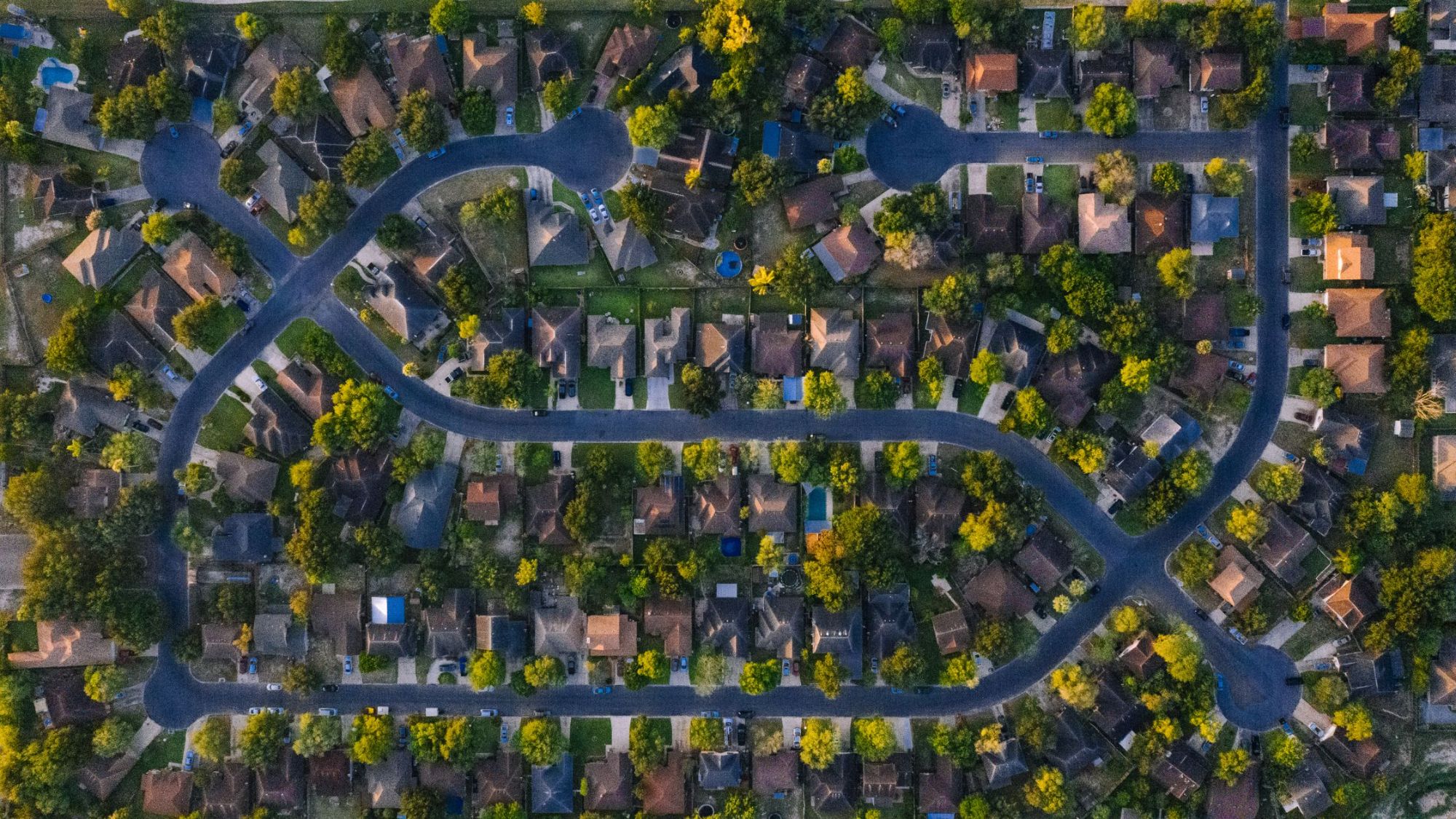
Step 4: Plan Your Move Like a Pro
Okay, let’s get practical. Moving across state lines (or even just a few hours away) is not the same as moving down the street. Planning your move is where the magic happens.
Here’s what I tell my clients:
-
Downsize early. Start now. Decide what’s coming with you, what you’re selling, and what you’re gifting to family. Trust me, your movers—and your future self—will thank you.
-
Hire the right movers. Not all moving companies are created equal. You’ll want a company experienced in long-distance relocations, not just local hauls. I keep a vetted list I’m happy to share.
-
Coordinate your home sale and purchase. This part is my specialty. I’ll often coordinate directly with the realtor selling your current home to ensure we line up timelines. That way, you transition smoothly—without spending three weeks in an Airbnb with all your belongings in storage.
Moving isn’t just logistics; it’s also emotional. Downsizing the family home can feel heavy. But remember: this is about starting a lighter, freer chapter. The less “stuff” you bring, the more space you’ll have for new experiences.
Step 5: Build Your New Lifestyle Roadmap
Now for the fun part—what will your retirement look like in Vancouver? Spoiler alert: it’s not just about the house.
Vancouver is a lifestyle city. Sure, we get rain (you’ll hear plenty of jokes about that), but our summers are glorious, and our mild seasons make outdoor living possible year-round. Here’s what your days could look like:
-
Morning walks by the Columbia River Waterfront. With brand-new restaurants, coffee shops, and the gorgeous Grant Street Pier, this area has become a favorite for retirees.
-
Farmers markets galore. The Vancouver Farmers Market runs spring through fall, offering everything from local produce to handmade crafts. Perfect for stocking your kitchen—or just enjoying a Saturday stroll.
-
Day trips to the coast or mountains. Craving ocean air? The Oregon Coast is just 90 minutes away. Prefer mountain views? Mount St. Helens, Mount Hood, and Mount Adams are all within easy reach.
-
Clubs and activities. Pickleball, kayaking, hiking groups, even dragon boating—yes, it’s a thing here in Ridgefield. Many locals find new hobbies (and new friends) through meetup.com. And no, it’s not a dating site. It’s where you’ll find people who share your interests, from quilting circles to hiking adventures.
Here’s a fun story: my husband and I once signed up for a kickball league on a whim through Meetup. We didn’t know a soul, but we showed up, played, and ended up having the best time. That’s the beauty of Vancouver—it’s a city where community is easy to find if you’re willing to show up.
Why Vancouver, WA Wins for Retirees
Let’s zoom out for a second. Why do so many retirees choose Vancouver over other Pacific Northwest cities?
-
Financial perks – No state income tax, potential property tax relief, and housing that’s generally more affordable than Portland or Seattle.
-
Location, location, location. You’re right across the river from Portland (and its international airport), but without the hustle and bustle of big-city traffic.
-
Outdoor lifestyle. Beaches, mountains, rivers—you name it, it’s all within a short drive.
-
Community vibe. Vancouver strikes the perfect balance: big enough to have amenities, small enough to feel welcoming.
Retirement here isn’t about slowing down. It’s about rewriting what your golden years look like—whether that means hiking, volunteering, gardening, or finally learning how to play pickleball.

Final Thoughts on Smart Retirement
Relocating to Vancouver, WA for retirement is one of the smartest moves you can make—but only if you plan ahead. Budgeting, healthcare, housing, moving logistics, and lifestyle are the five pillars that will set you up for success.
So ask yourself: Which of these steps feels the hardest? Budgeting? Downsizing? Healthcare planning? Whatever it is, that’s where I come in. As your local expert, I don’t just help you buy a home—I help you build a retirement lifestyle that actually works for you.
If Vancouver sounds like your kind of place, you’re not alone. Retirees are discovering this city in droves. And if you’re ready to start your journey, reach out to me—Realtor Cass—via text, email, or DM. Better yet, save my info in your phone right now (trust me, you’ll want it handy when that dream home pops up).
Because retirement isn’t just about a new house. It’s about a new chapter. And Vancouver, Washington, might just be the perfect setting for yours.
Sign up for my monthly newsletter to receive expert advice, important local updates, and insider knowledge on the best ways to thrive in this unique region. Whether you're buying, selling, or simply curious about life in the Pacific Northwest, I've got you covered.
👉 Join my newsletter today and never miss a beat! Just enter your email below and get exclusive access to all things Southwest Washington. Let’s stay connected!
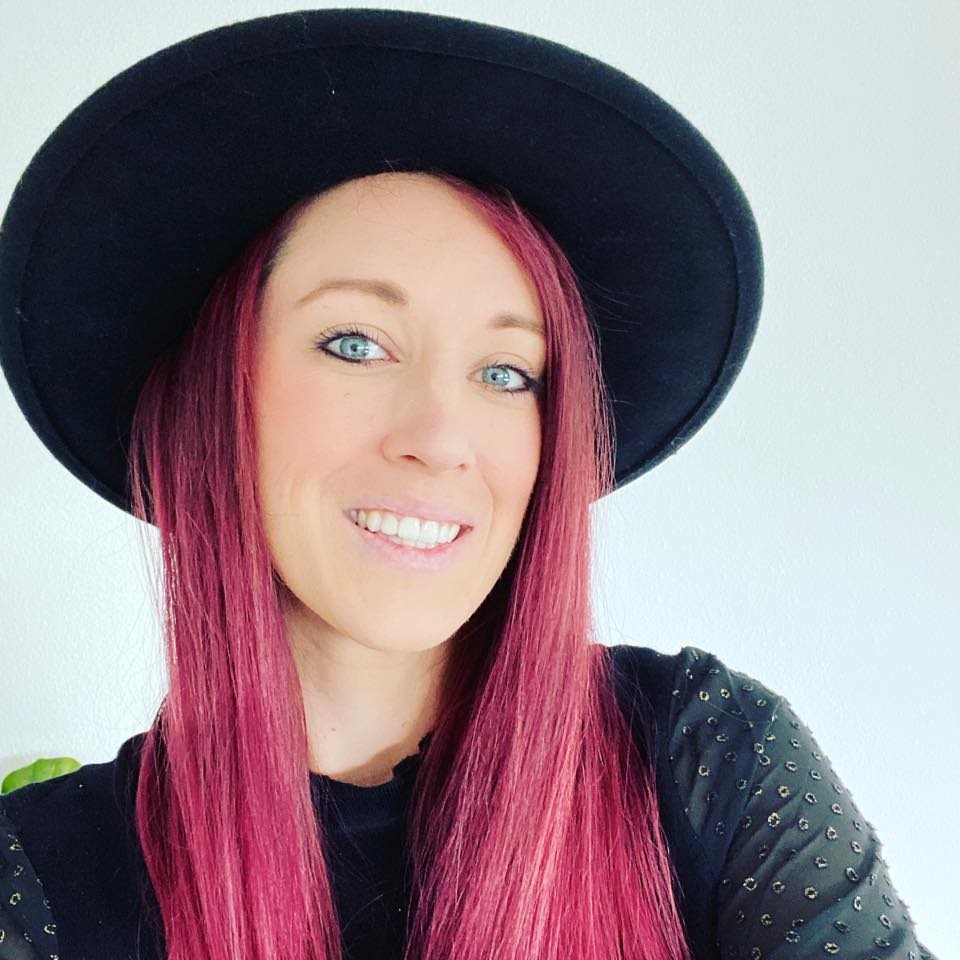
REALTOR® · REAL Broker · Licensed in WA & OR
⭐ 5.0 Rating | 44 Google Reviews | 105 Homes Sold | $55.7M in Sales
Frequently Asked Questions
Is Vancouver, WA a good place to retire?
Yes, Vancouver, Washington is one of the best places to retire in the Pacific Northwest. Retirees love it for the low taxes (no state income tax), affordable housing compared to Portland, mild four-season climate, excellent healthcare options, and outdoor recreation opportunities. With access to the Columbia River, scenic trails, vibrant farmers markets, and the newly developed Vancouver Waterfront, retirees can enjoy an active lifestyle while still having the convenience of shopping, dining, and medical services nearby. Many also find that Vancouver offers the perfect balance between a quiet, suburban feel and big-city amenities, thanks to its close proximity to Portland, Oregon.
Can you live in Vancouver as a retired US citizen?
Absolutely! Retired US citizens can live in Vancouver, WA with ease. As an American retiree, you don’t need any special permits to move here, and you’ll enjoy Washington’s retiree-friendly tax structure—including no state income tax on Social Security, pensions, or IRA withdrawals. Vancouver also has plenty of 55+ retirement communities, condos, and single-level homes designed with retirees in mind. With strong healthcare systems, access to Portland International Airport, and a welcoming community atmosphere, Vancouver is a great option for retirees looking to relocate without the complications of moving abroad.
What city is best for retirees in Washington state?
While Washington has several retirement-friendly cities, Vancouver, WA is consistently ranked as one of the best cities for retirees in Washington state. It offers affordable housing compared to Seattle, no state income tax, proximity to Portland, and plenty of outdoor recreation. Other popular retirement cities in Washington include Spokane (lower cost of living), Olympia (smaller capital city charm), and Bellingham (beautiful waterfront living). However, many retirees choose Vancouver because it combines financial benefits, healthcare access, safety, and lifestyle perks all in one location.
Is living in Vancouver, WA worth it?
Yes, living in Vancouver, WA is worth it—especially for retirees. Residents enjoy a high quality of life, thanks to low taxes, excellent healthcare, mild weather, and endless things to do outdoors. Vancouver is also only minutes from Portland, which means access to big-city dining, shopping, and the airport, without paying Oregon’s income tax. The city has invested heavily in revitalizing its downtown and waterfront areas, making it a vibrant and enjoyable place to live. For retirees, it’s a great balance of affordability, convenience, and lifestyle.
What are the cons of living in Vancouver?
Like any city, Vancouver, WA has pros and cons. Some of the downsides retirees may notice include:
-
Rainy winters – Expect gray skies and steady rain from November to March.
-
Sales tax – While there’s no state income tax, Washington makes up for it with a sales tax around 8–9%.
-
Limited nightlife compared to Portland – Vancouver is quieter, so if you’re looking for big-city entertainment, you’ll likely cross the river.
-
Traffic on the I-5 bridge – Commuting to Portland can be slow, especially during rush hour.
That said, for many retirees, these trade-offs are minor compared to the financial savings, outdoor lifestyle, and welcoming community Vancouver offers.
What is the safest part of Vancouver WA?
Several neighborhoods in Vancouver, WA are known for their safety, community feel, and retiree-friendly amenities. Some of the safest areas of Vancouver include:
-
Felida – A quiet, suburban neighborhood with parks and walking trails.
-
Fisher’s Landing East – Popular with families and retirees, offering newer homes and a strong community feel.
-
Cascade Highlands – Convenient to shopping and healthcare, yet peaceful and walkable.
-
Salmon Creek – Close to medical centers and with plenty of single-level homes and retirement-friendly communities.
When choosing where to live, retirees often prioritize low crime rates, healthcare access, and nearby amenities—all of which are found in these Vancouver neighborhoods.
Categories
Recent Posts

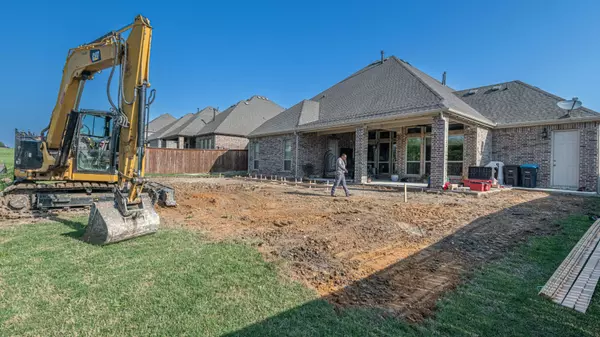



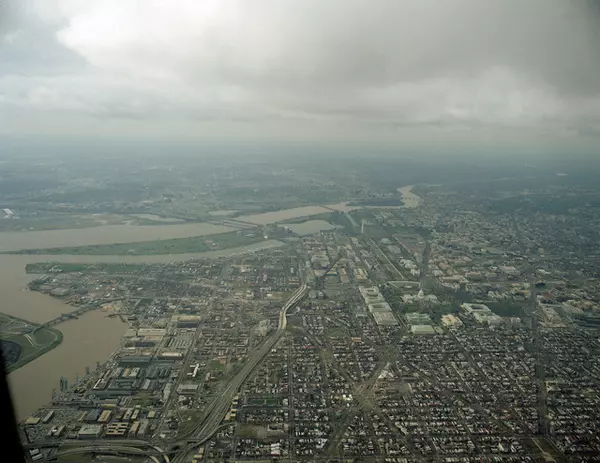
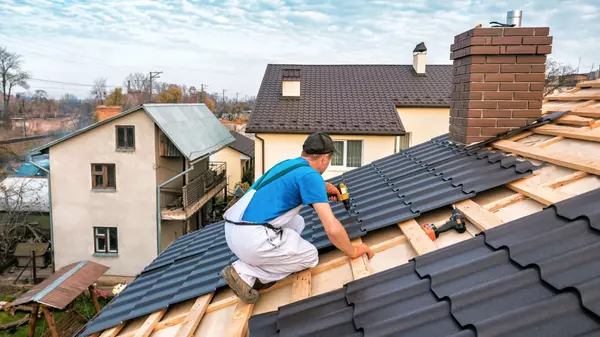



GET MORE INFORMATION

Cassandra Marks
Realtor, Licensed in OR & WA | License ID: 201225764
Realtor, Licensed in OR & WA License ID: 201225764
